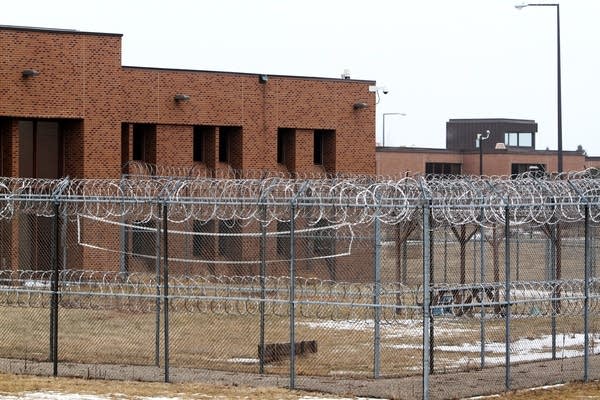Advocates demand Minn. Security Hospital changes in wake of critical report
Go Deeper.
Create an account or log in to save stories.
Like this?
Thanks for liking this story! We have added it to a list of your favorite stories.

Advocates for the mentally ill are calling for immediate change at the Minnesota Security Hospital following the release of a critical state investigation about the facility.
A licensing investigation released by the Minnesota Department of Human Services (DHS) this week found that the St. Peter hospital and staff failed to adequately supervise patients during a fatal scuffle between patients in January.
Michael Douglas, 41, was found badly injured in his cell on Jan. 22 and pronounced dead about a half hour later. Darnell Whitefeather, 32, has been charged in his murder.
The report found that staff may not have conducted the hourly rounds required by the facility's rules. Staff discovered Douglas had been injured an hour and a half after he was attacked.
Turn Up Your Support
MPR News helps you turn down the noise and build shared understanding. Turn up your support for this public resource and keep trusted journalism accessible to all.
"It's time to quit admiring the problem and to start developing the action plan to make the change," at the security hospital, Roberta Opheim, Minnesota Ombudsman for Mental Health and Developmental Disabilities, said Thursday.
Opheim said she's frustrated by long-running problems in the hospital's workplace culture and plans to meet next week with DHS commissioner Lucinda Jesson next week to talk about the long-term plan to improve care.
"There are many, many good people working down there, but without a clear leadership plan that's implementable, measurable and accountable, we'll still flounder in changing the culture," she said.
The Minnesota Security Hospital houses patients who are committed for being mentally ill or dangerous. The department has extended the security hospital's conditional license until Dec. 22, 2016. The state requires the facility to improve training of staff, and to keep better records of staff interactions with patients, among other changes.
The agency should assign outside experts to monitor changes required by the state, said Sue Abderholden, executive director of the National Alliance on Mental Illness Minnesota.
"We need an outside person to monitor implementation. It cannot be done inside," Abderholden said. "We need to have monthly reports to the commissioner and the governor and an oversight committee comprised of advocates and mental health professionals."
Advocates also said that hospital staff should be held accountable for failing to do their jobs adequately, but that broad accountability was more important than one or two staff members taking all the blame.
A DHS spokesperson said any disciplinary action stemming from the January incident is not yet public.


